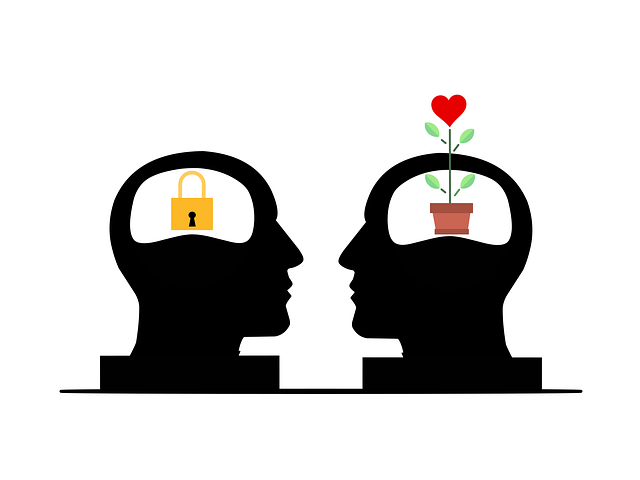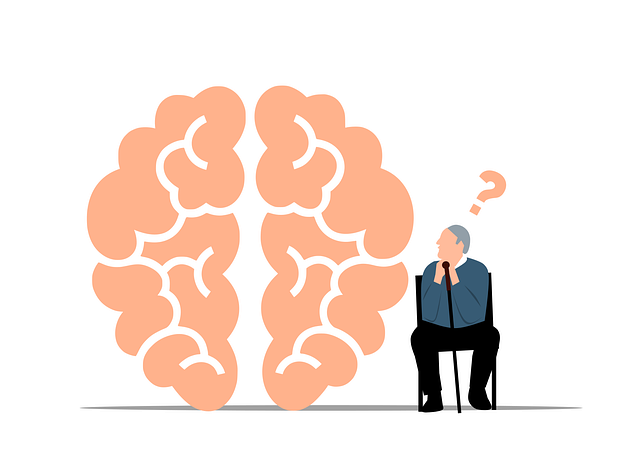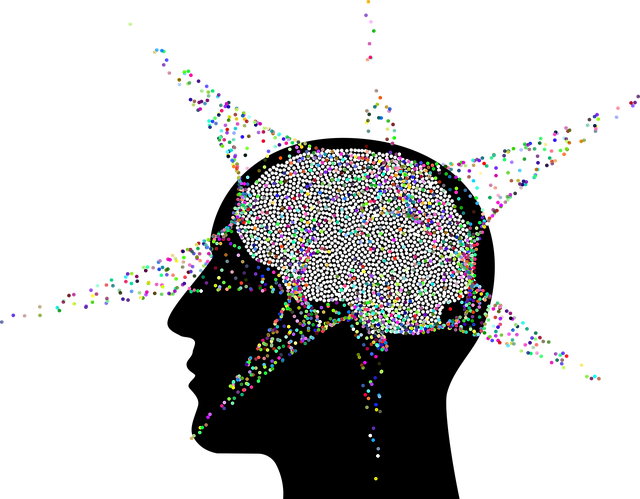The current mental illness diagnosis process faces challenges due to subjectivity, cultural biases, and a wide range of disorders with overlapping symptoms, particularly within diverse families like Golden Blended Families. To improve patient outcomes, there's a need for enhanced diagnostic tools that incorporate emotional intelligence, interpret non-verbal cues, and consider traumatic roots. Burnout prevention strategies, trauma support services, and Mental Health Policy Analysis & Advocacy are crucial. Accurate diagnoses in Golden Blended Families Therapy prevent prolonged suffering, misaligned treatments, strained relationships, and increased healthcare costs. Integrating Emotional Healing Processes that consider both individual and systemic factors is key, along with techniques like cognitive behavioral therapy and Coping Skills Development programs for improved outcomes.
Mental illness diagnosis accuracy is a pressing issue, impacting individuals and families. This article explores the current landscape, highlighting challenges and existing methods with their limitations. We present an innovative solution: the Golden Blended Families Therapy Model, which integrates traditional therapy with holistic practices to cater to diverse mental health needs. Additionally, we discuss promising strategies like early intervention, technology-aided assessment, and continuous training for healthcare professionals to enhance diagnosis accuracy and accessibility.
- The Current Landscape of Mental Illness Diagnosis
- – Challenges in accuracy and implications for individuals and families
- – Existing methods and their limitations
The Current Landscape of Mental Illness Diagnosis

The current landscape of mental illness diagnosis is marked by a complex interplay of challenges and advancements. Traditional diagnostic methods often rely on subjective assessments conducted by healthcare professionals, which can be influenced by factors like cultural biases, personal experiences, and limited time during consultations. This subjectivity may lead to inconsistencies in diagnoses, particularly for conditions with overlapping symptoms. Additionally, the vast array of mental health disorders, each with its unique set of criteria, adds complexity to the process.
Efforts to enhance diagnosis accuracy are crucial for improving patient outcomes, especially within diverse populations such as Golden Blended Families—families formed by interracial or intercultural marriages and step-parents. Enhancing diagnostic tools requires integrating emotional intelligence to interpret non-verbal cues and underlying emotional states, which is vital for understanding the nuanced experiences of individuals. Trauma support services play a significant role in this context, as many mental health conditions have roots in traumatic events that require specialized care. Further, Mental Health Policy Analysis and Advocacy can drive systemic changes by influencing healthcare policies to prioritize evidence-based practices and ensure accessibility to accurate diagnosis and effective treatment for all.
– Challenges in accuracy and implications for individuals and families

Mental health diagnosis accuracy is a complex issue that significantly impacts individuals and their families. Inaccurate or late diagnoses can lead to prolonged suffering, misaligned treatment plans, and strained relationships within Golden Blended Families Therapy settings. The consequences extend beyond emotional distress, often resulting in increased healthcare costs and societal burden. When healthcare providers fail to recognize symptoms or misinterpret them, it can create a cycle of misdiagnosis, mistreatment, and potential harm.
This challenge is particularly acute for mental health professionals as they grapple with the complexity of human behavior and the vast spectrum of conditions. Burnout prevention strategies for healthcare providers are essential, focusing on conflict resolution techniques to improve communication and collaboration. By fostering an environment that encourages open dialogue, continuous learning, and self-care, healthcare providers can enhance their diagnostic skills, ultimately benefiting patients and promoting healthier Golden Blended Families Therapy outcomes.
– Existing methods and their limitations

The current landscape of mental illness diagnosis is fraught with challenges, where traditional methods often fall short in ensuring accuracy and comprehensive care. These conventional approaches, while valuable, are limited in their ability to cater to the intricate nature of human emotions and experiences. For instance, relying solely on patient self-report or standardized questionnaires might overlook nuanced symptoms, especially in diverse populations like Golden Blended Families, where individuals bring unique cultural and familial backgrounds.
Integrating Emotional Healing Processes that consider both individual and systemic factors is crucial. Techniques focused on Emotional Well-being Promotion, such as cognitive behavioral therapy, can aid in identifying and addressing underlying emotional patterns. Furthermore, Coping Skills Development programs empower individuals to navigate their mental health journeys effectively. By combining these methods, healthcare professionals can move towards more precise diagnoses, tailored treatments, and ultimately, improved outcomes for those seeking support.
Mental illness diagnosis accuracy is a critical aspect of patient care, especially within diverse families. The current landscape highlights challenges that can have profound effects on individuals and families alike. By understanding these limitations, such as the biases in existing methods, we can strive for improvement. Integrating innovative approaches like Golden Blended Families Therapy offers a promising path forward, aiming to provide more accurate and personalized diagnoses, ultimately enhancing support systems within these unique family structures.









